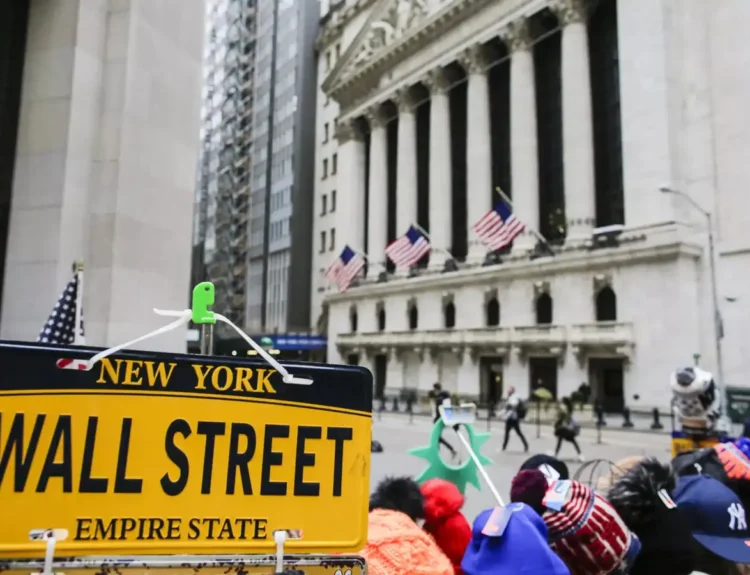In a courtroom showdown that could reshape the digital landscape, TikTok and its Chinese parent company, ByteDance, are battling a U.S. law that threatens to pull the plug on the app for 170 million Americans by January 19. The high-stakes case questions whether the U.S. government can outlaw a platform this popular over national security concerns, pitting free speech rights against fears of foreign interference.
Key Details:
- TikTok’s Battle: TikTok lawyer Andrew Pincus argued before the U.S. Court of Appeals that the law violates free speech protections, calling the move “unprecedented” in targeting a specific company’s right to speak.
- National Security Risks: The U.S. Justice Department insists that TikTok’s Chinese ownership poses a grave national security threat. It cites concerns that China could exploit Americans’ personal data and manipulate the information they consume.
- Potential Ban Date: ByteDance must sell or divest TikTok’s U.S. operations by January 19, or the app will be banned. The law also prohibits app stores and internet services from supporting TikTok after the deadline.
- First Amendment Concerns: TikTok argues that Congress is violating free speech rights by invoking national security to enforce such a ban, raising fears of a broader precedent for silencing media under similar claims.
- Tough Judicial Questions: Judges raised challenging points about Congress’s role and whether the current law can bypass free speech protections while highlighting the complexity of monitoring TikTok’s vast codebase.
- Presidential Politics: The case unfolds during the final stages of the 2024 U.S. presidential campaign, with candidates actively using TikTok to reach younger voters—adding another layer of political intrigue.
As TikTok awaits a ruling, the legal battle could set a critical precedent for digital free speech and national security laws. With the stakes so high, a Supreme Court showdown seems inevitable, which could ultimately decide the future of one of the world’s most popular apps.










